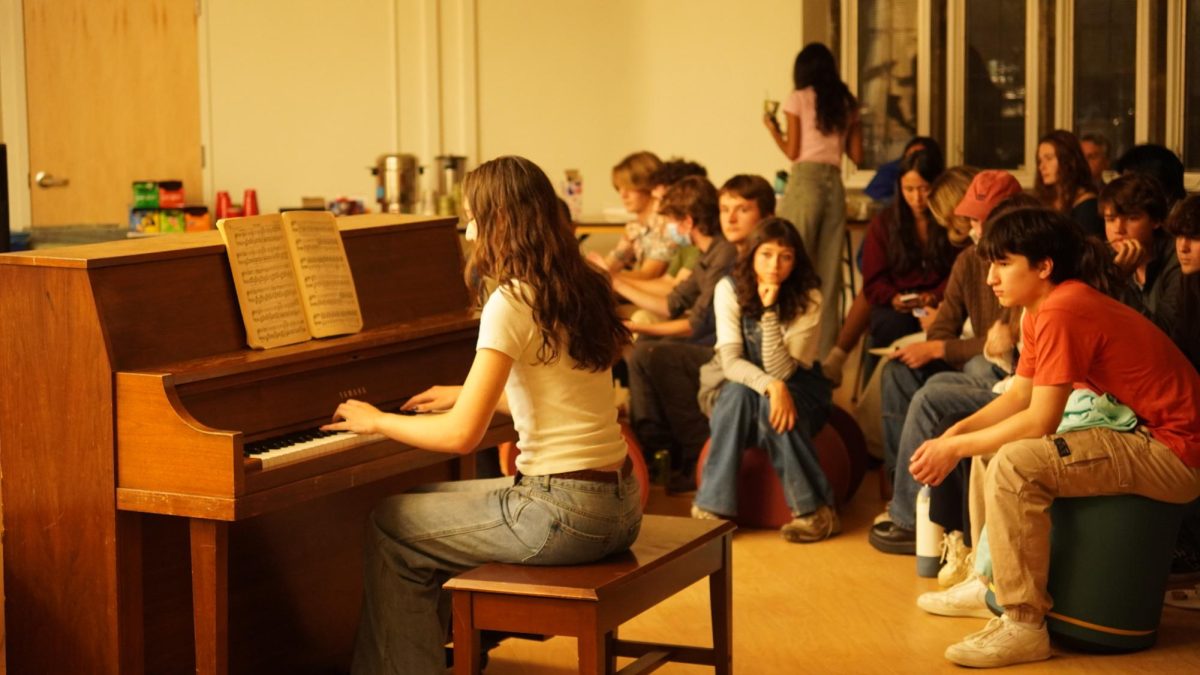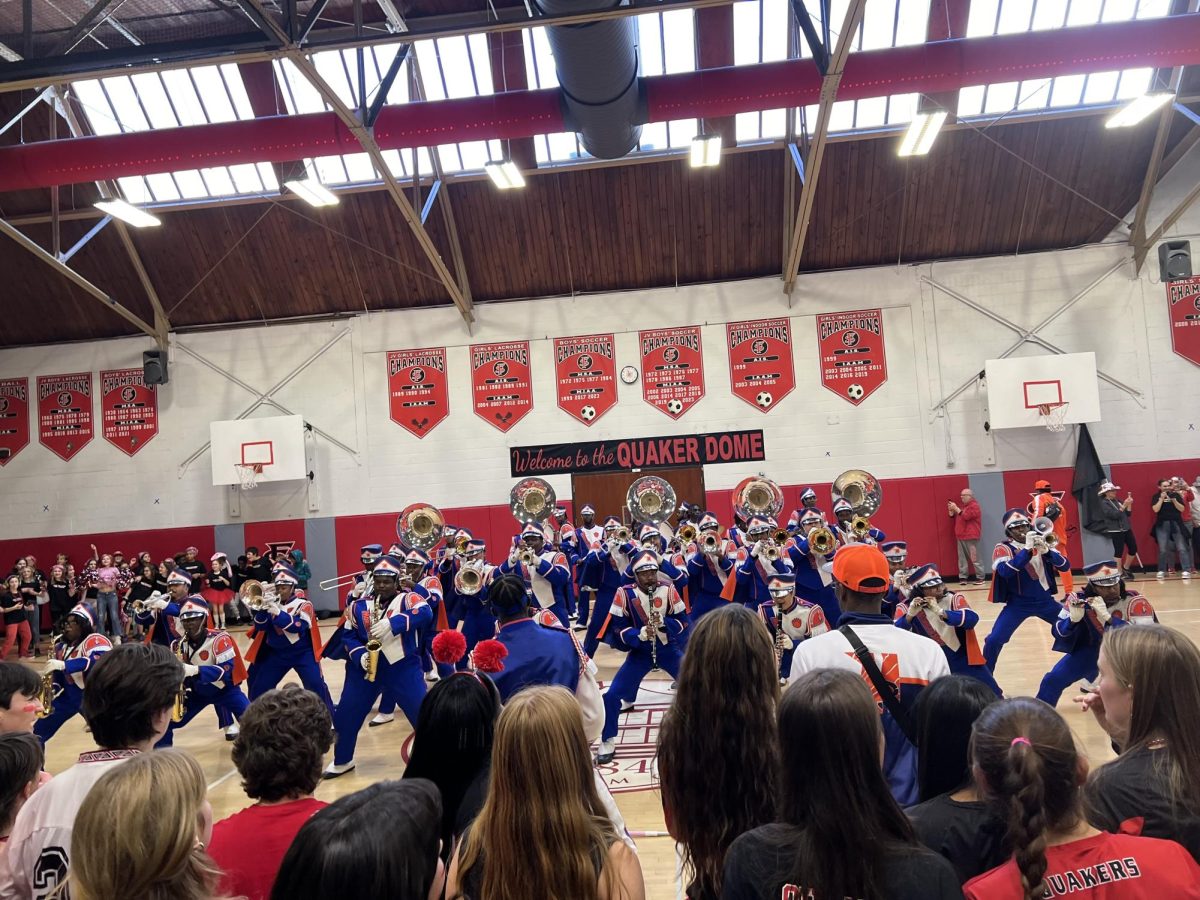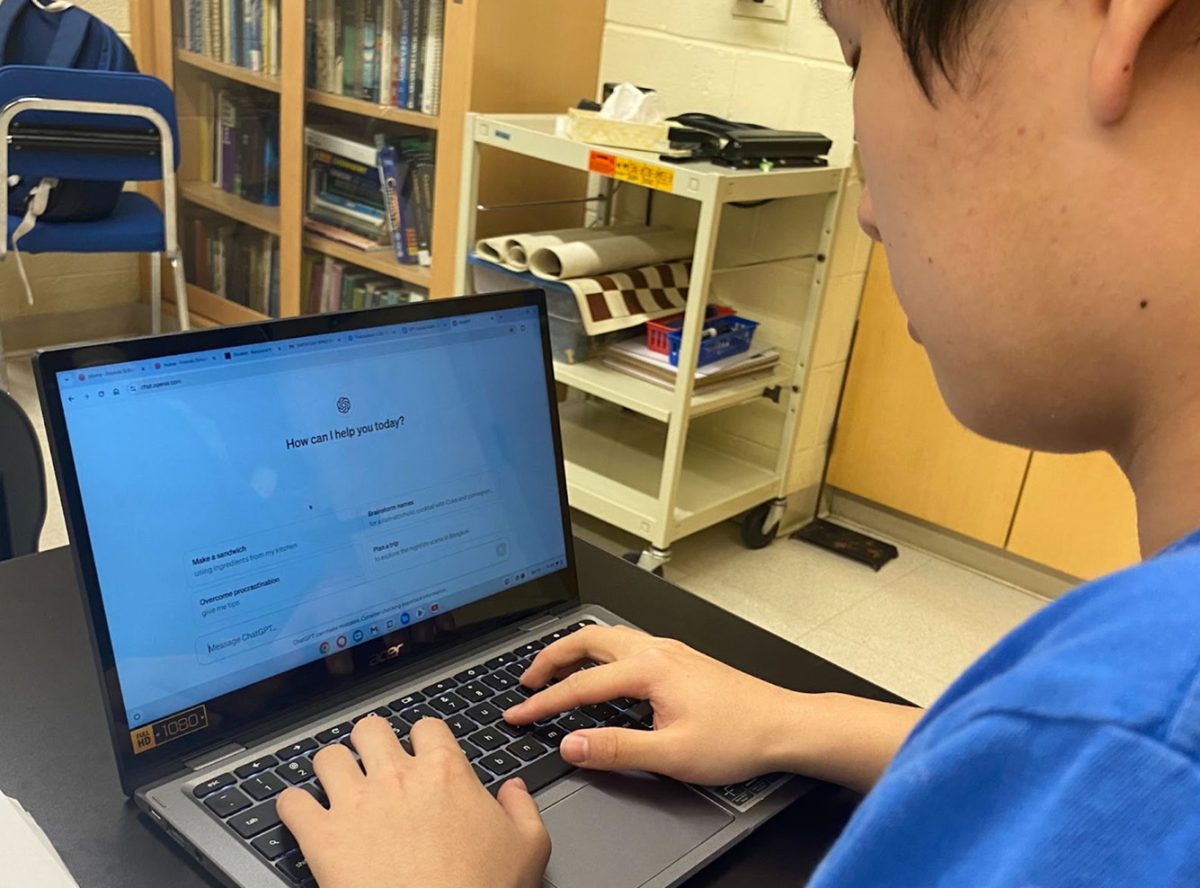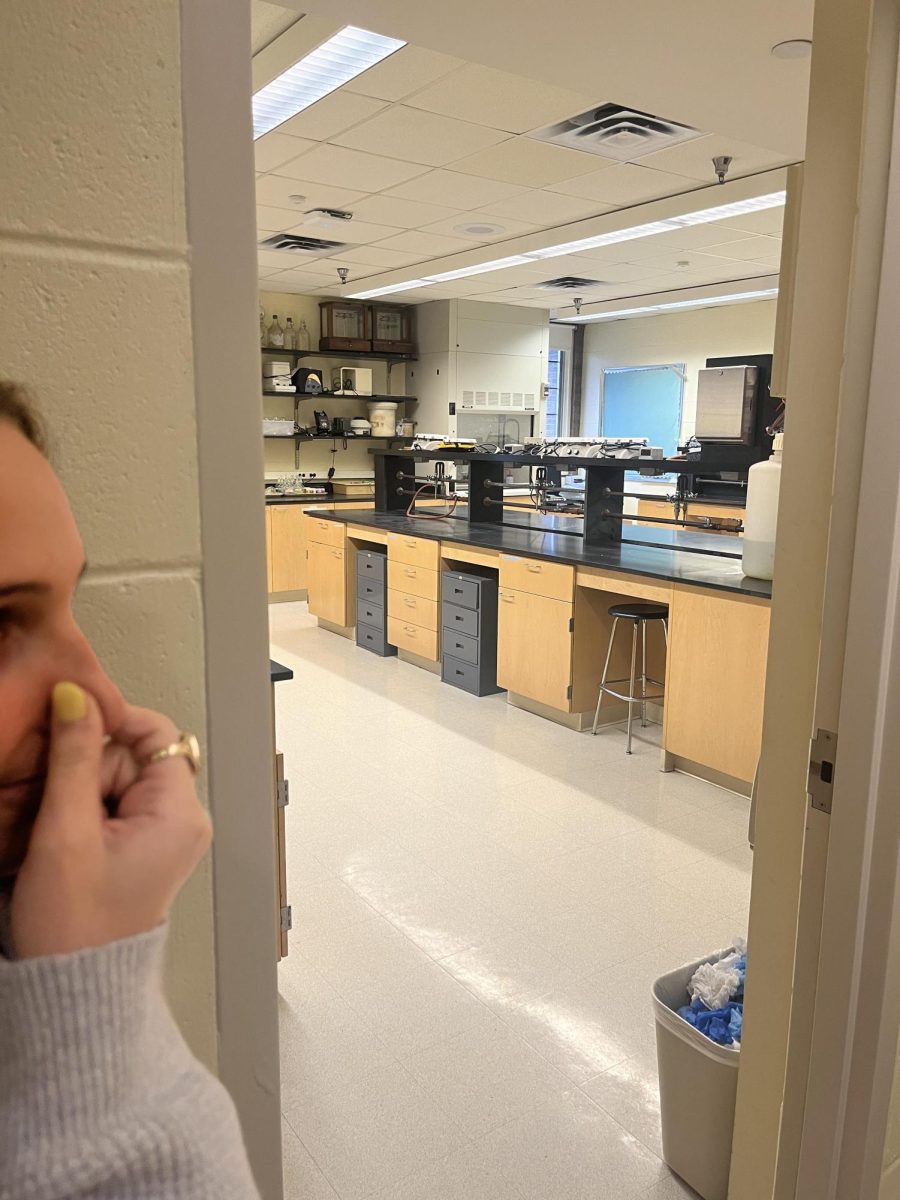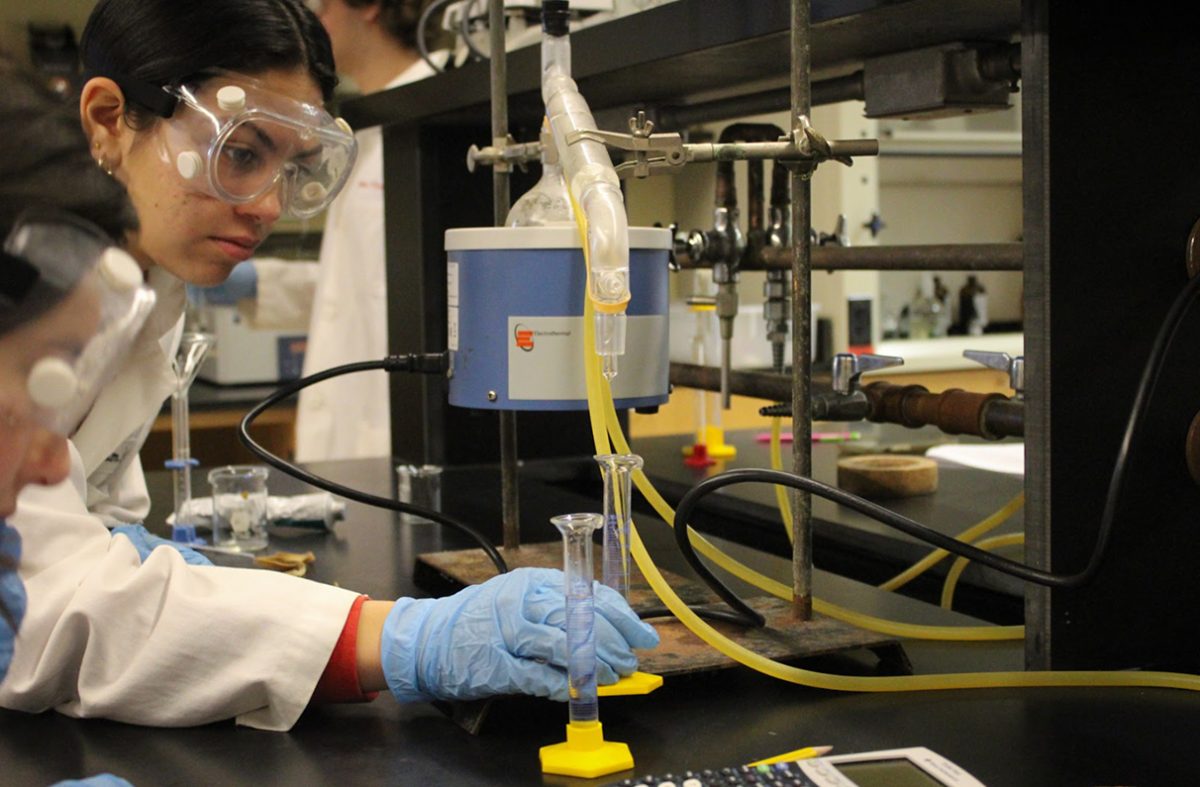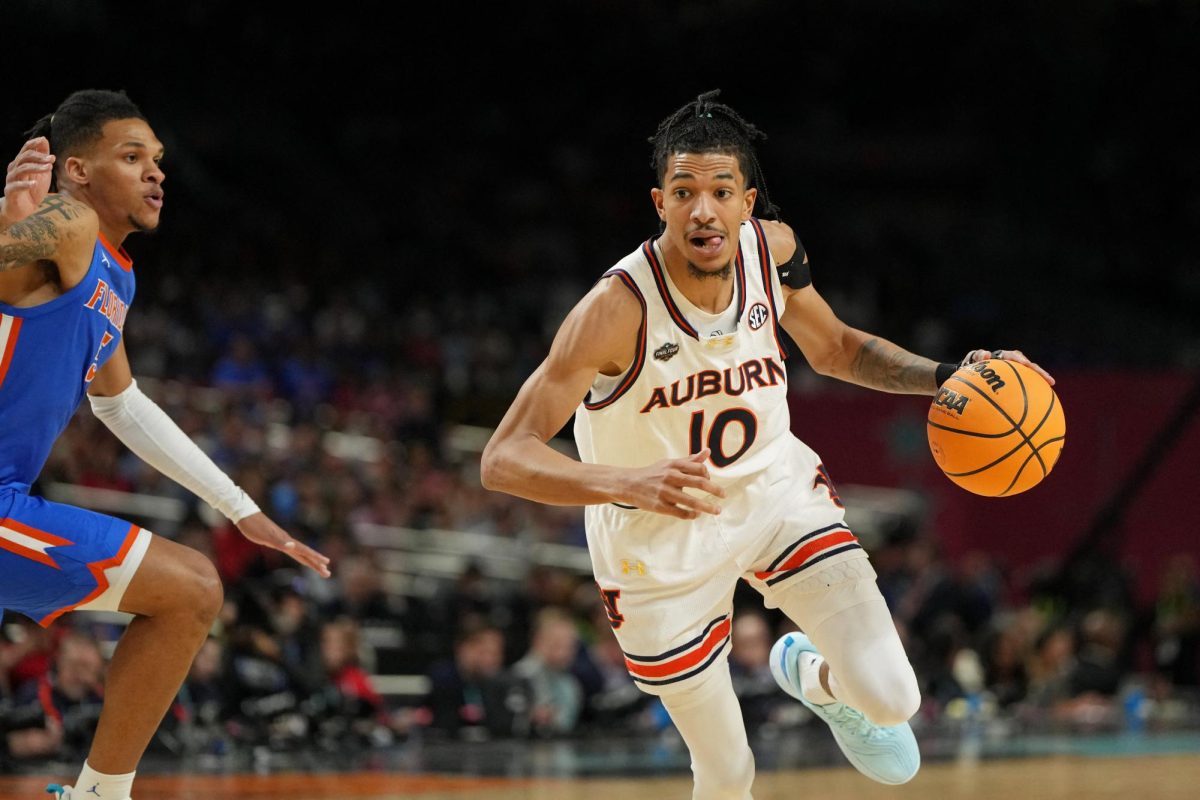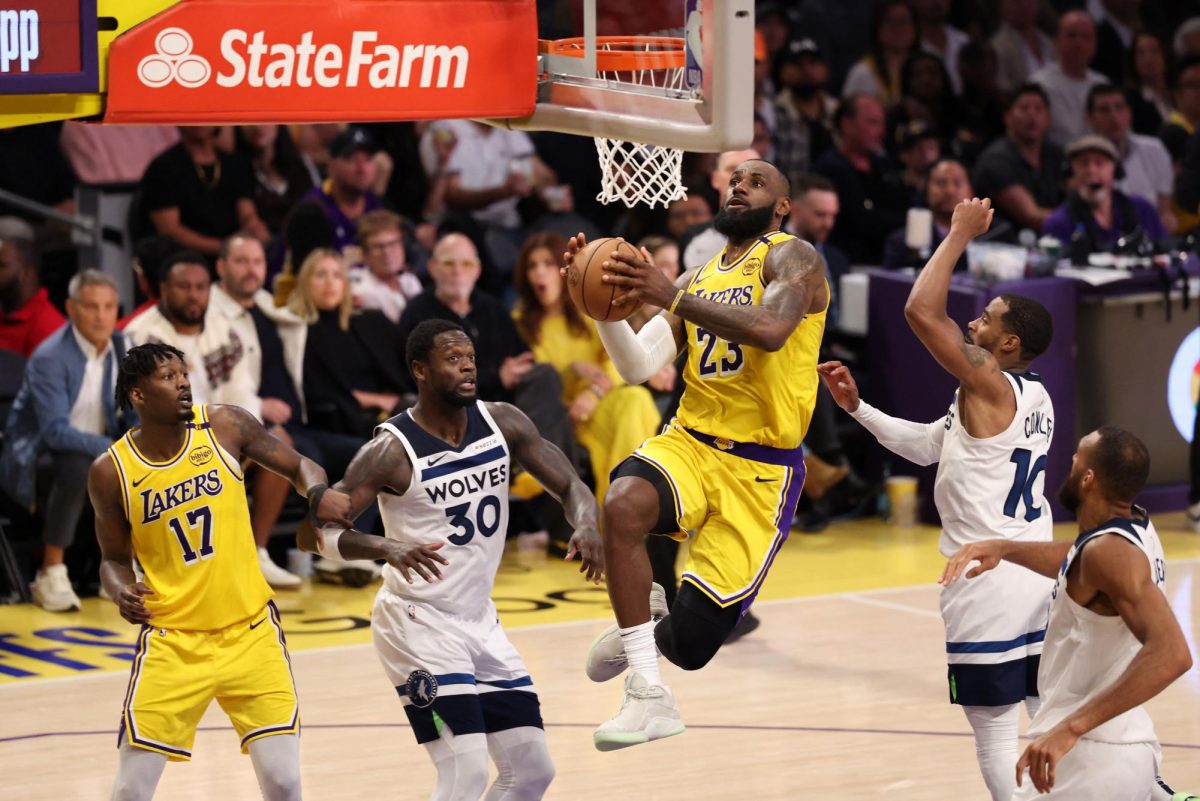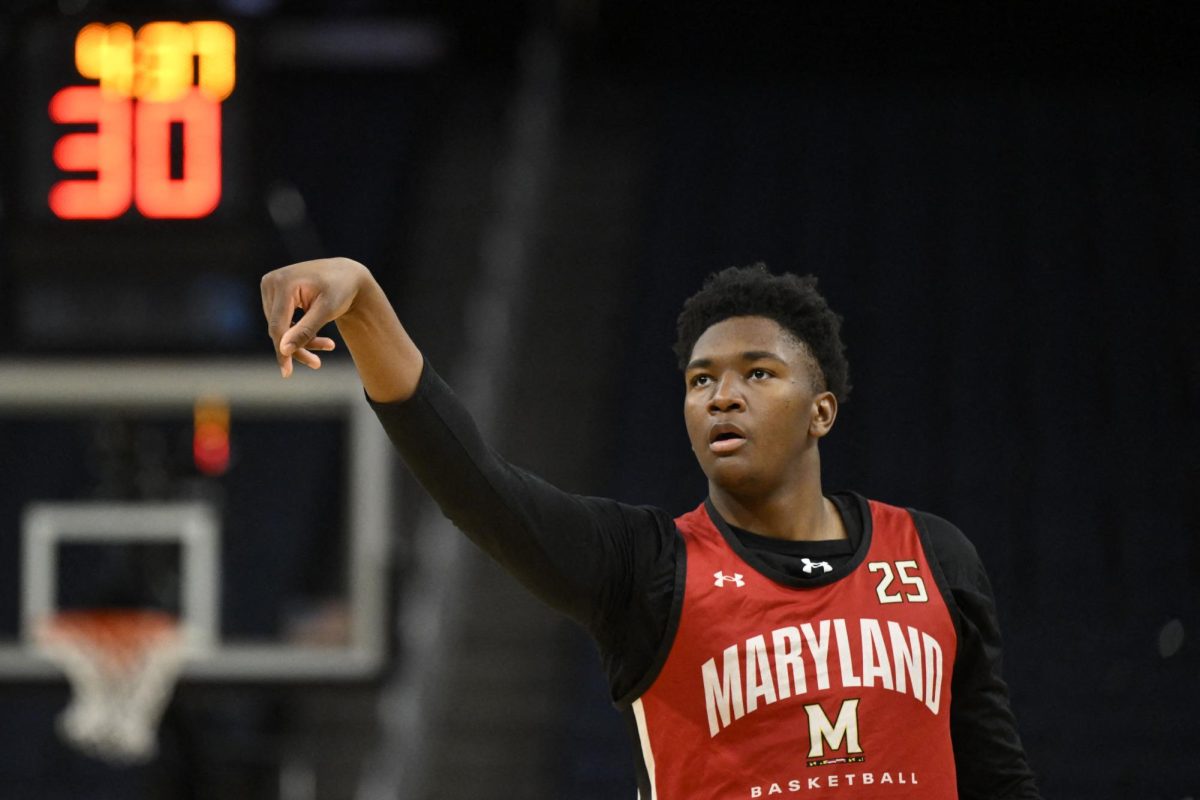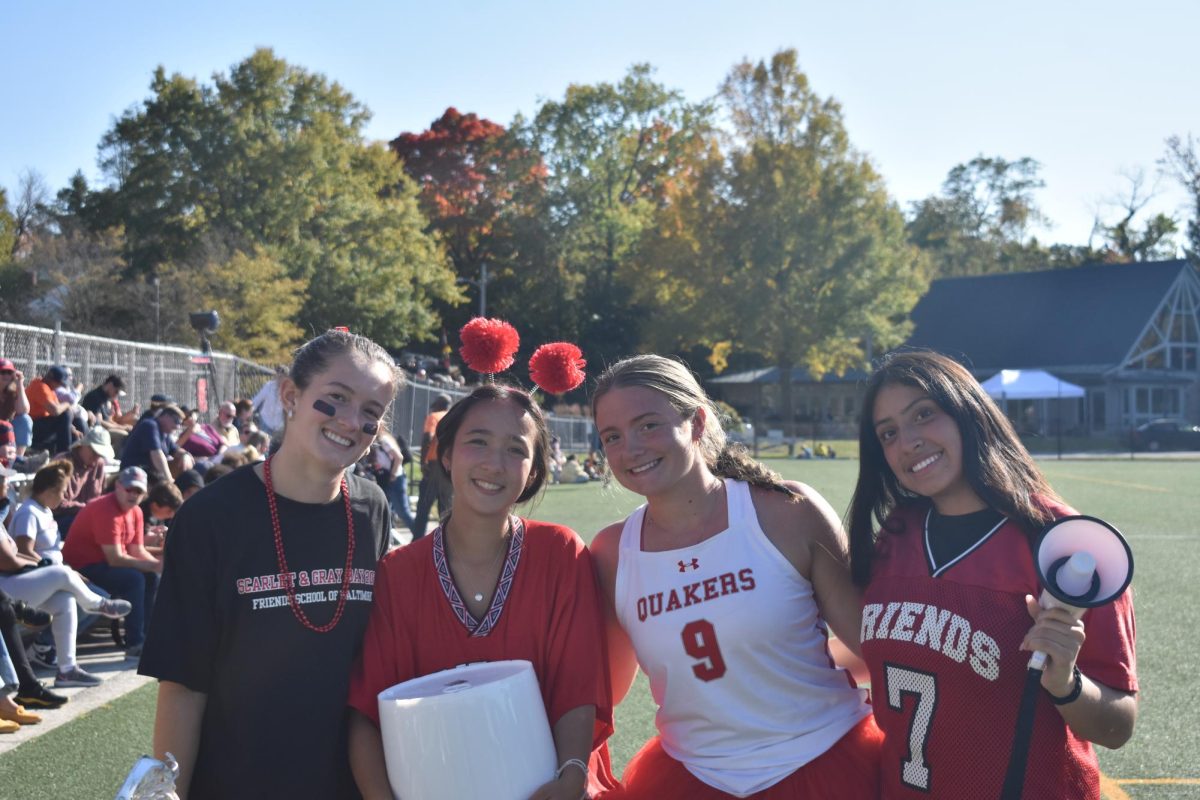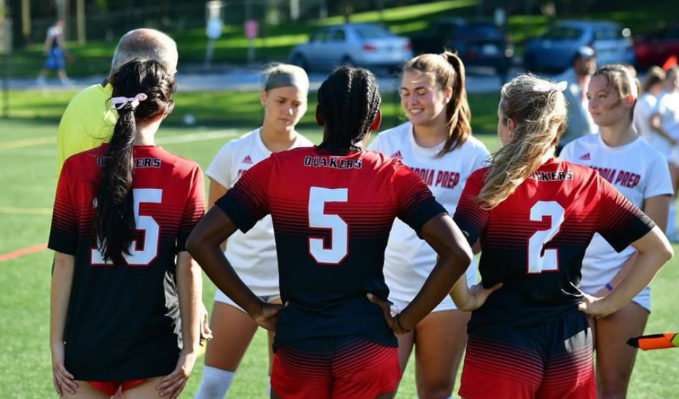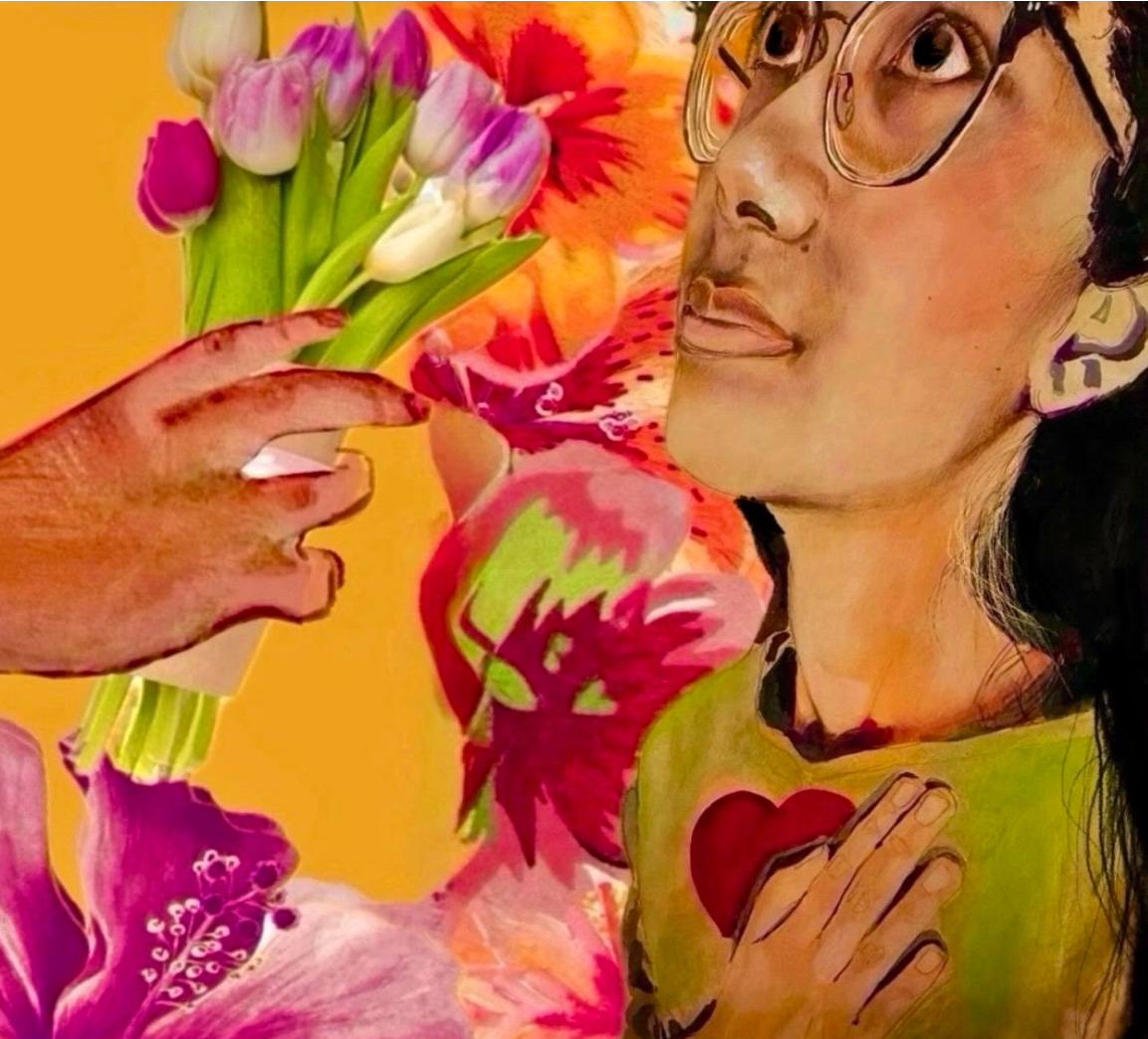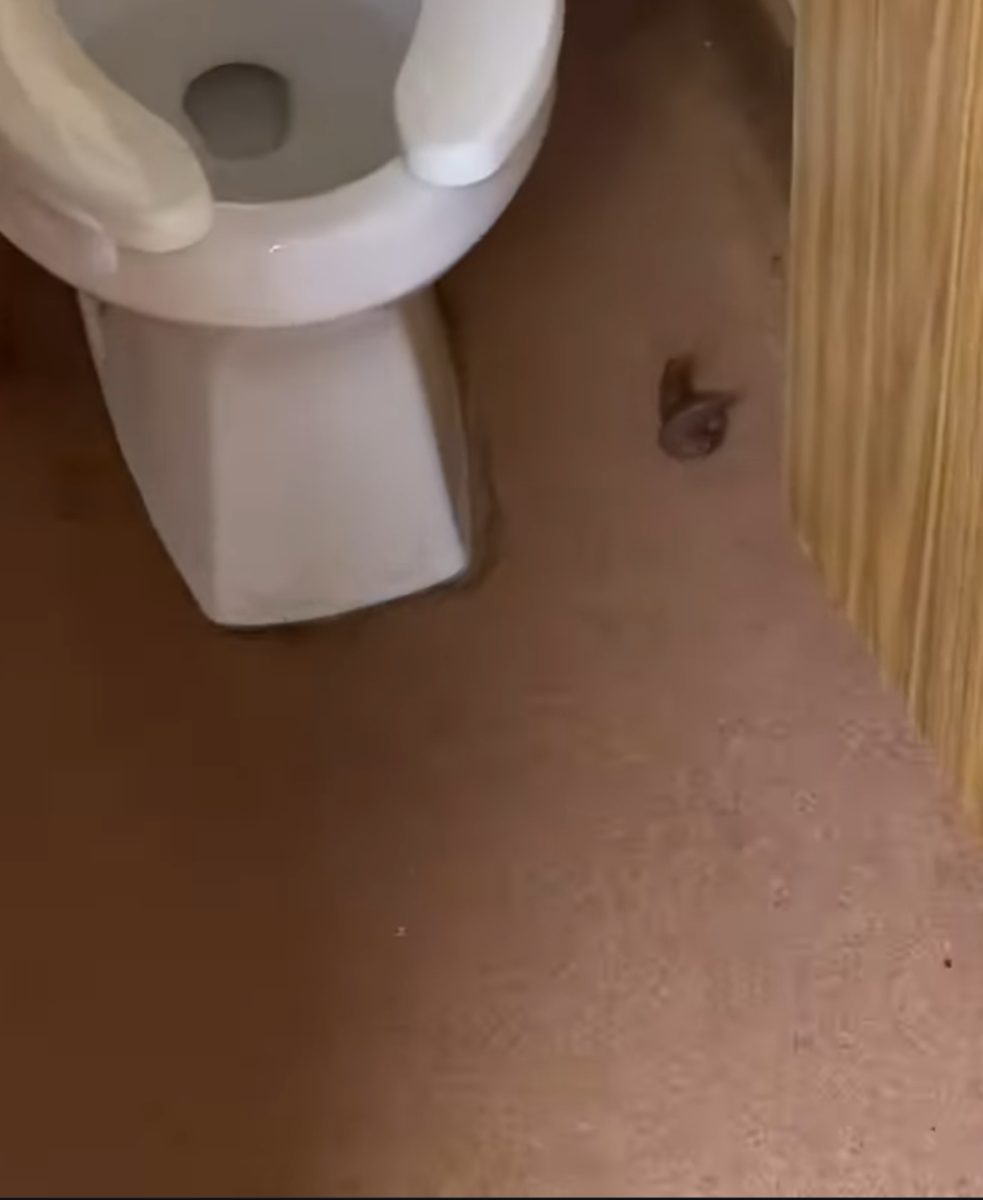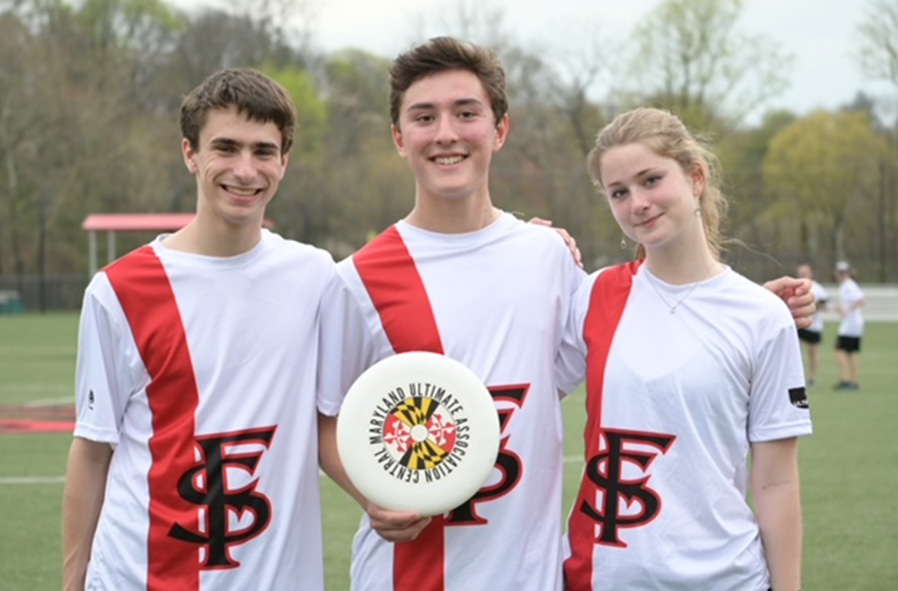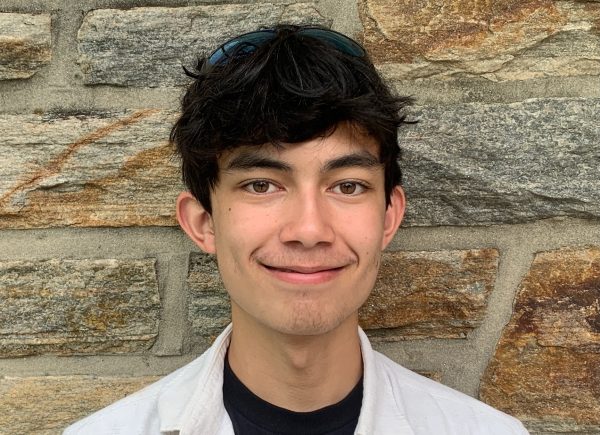With winter sports finished and the arrival of that nice spring air, spring sports are underway. One of our teams made it all the way to states last year – amazing, given that it was their pilot year. That team, Ultimate Frisbee, has a lot to look forward to this year as well.
To some, “ultimate frisbee” might sound boring compared to popular sports like baseball, basketball, or soccer. At first, that’s what Ultimate co-captain Ben Lopez thought too.
“In 9th grade, my sister actually wanted to play Frisbee on a team. And she went to a team and I did not want to go,” he remembers. “My dad convinced me to go, and we ended up going to the Maryland State team, which was not very good at the time. And then I fell in love with it.”
Fellow seniors and team co-captains Noah Sheasby and Tess Porter say they fell in love with the game for similar reasons.
“Just throwing with my dad and then developing friendships with other people who had had a latent interest in the sport” was the initial draw, for Noah. But he says he stayed with it because “the community and the relationships are really strong and the ultimate community strikes a good balance between being competitive and being spirited and values-based.”
Tess was also drawn to the camaraderie of the team.
“It had, like, the best community ever, and it was super fun and super supportive,” she says. “So I was like, ‘You know what, let’s just try Ultimate Frisbee. See what happens. Meet some new people.’ And it ended up being really fun.”
One reason some people might underestimate Ultimate is its apparent ease. Who hasn’t thrown a frisbee, once or twice? But Noah says, many difficult aspects of Ultimate often go unnoticed.
“Some people underestimate just how difficult it is to communicate and stay organized on the field, because the game can be very fast moving at times, and sometimes it requires improvisation to get back to your system after moments of chaos,” he says.
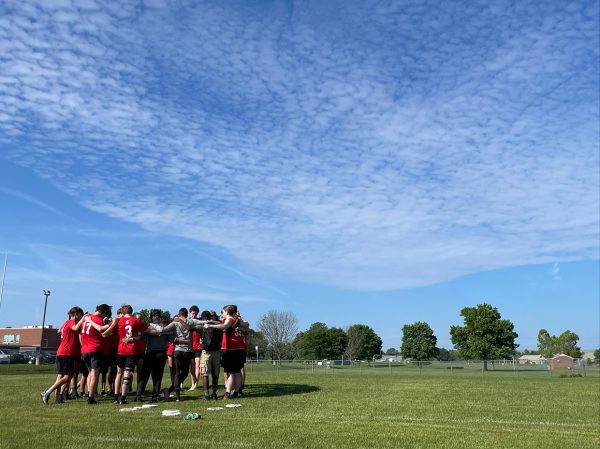
Another thing that might lead some people to take the sport less seriously is the absence of officiating in a match. There are no referees; it is all honor code.
“Not having referees makes it so that you have to know the rules of the game really well. And you really need to be confident in your own opinion and confidence that you are right and know, like, the rules of the game really well,” says Tess. “And not being afraid to speak up.”
Player Sam Principe ’25, who has helped organize team meets during M blocks, says good game play relies a lot on instinct. And that’s another thing that’s hard to quantify.
“The instinct of the game is such an undervalued aspect of people playing, because you see a lot,” he says. “You see different cuts coming out of the field, you see very subtle things that people do, that have huge impacts on the game.”
Most impressive about the team’s first season, in spring 2023, was their success. The mixed-gender team went 7-2 and ended up placing 4th in the state championships played in Queen Anne’s County, against same-gender teams.
How did they achieve this success? The captains all echoed the persevering theme of: community.
“Everybody who joined the team was really willing to invest their time and energy despite varying levels of experience,” says Noah. “And everybody came together and committed to building a community.”
Ben agrees.
“I feel like we were very, like, a good spirit team, which is even very positive throughout the year,” he says. “And we also put in a lot of hard work [and] rally ourselves like, “[We’re] out there to have fun.”
Fans at the team’s games last season say they got that vibe from the tight-knit team. And players say it made a difference.
“Definitely,” says Tess. “For me, at least, it motivated me to try really hard and to show up every day to practice.”
Following their state-wide success, the team has worked to continue building on their achievements during the offseason, with team meetings and workouts. A lot of people have helped out in the organization of these meetings.
“There have been offseason workouts that have been structured. Some of them have been led by captains and some have been led by a great group of our players,” says Noah. “A lot of sophomores and juniors who organize during M blocks and Lunch blocks, even outside of Ultimate Frisbee club, which we have been running since freshman year, to play and to get some experience and to help people learn their throws and develop an intuition for the game so that we really hit the ground running at the start of the season.”
That has had a clear impact on players’ readiness coming into this season, Tess says.
“They already have a decent amount of throwing skills and everything. So I think the basic skill level of the team as a whole is much higher than last year,” she says. “And generally, just more people and more skill, just off the get-go.”
Not only have the pick-up Ultimate games led to improvement for players. They have also attracted aspiring ones.
“We got a lot of new students. And I think it’s mostly because of the club and Sam Principe [‘25] and Ben Long [‘26], who both got people out on the turf during M blocks. So just getting the students’ support has been the big thing,” says Ben. “As long as we have student support for students who are really enthusiastic about it, that’s what we need.”
As for getting people involved, Sam says M block games have pros and cons.
“It’s helped grow sides. In terms of just, like, who’s interested, it can be a really good way to just get into enjoying the game of Ultimate Frisbee with, like, a really chill and kind of freeform unstructured way,” he says. “That’s sort of a double-edged sword [though, because] you get more interest, but you also get people who have picked up on bad habits from playing.”
These habits can include anything from traveling to disc space violations. But on balance, Sam says, he’d rather have people playing and loving it, than playing perfectly.
“It’s a net positive where you can fix those bad habits much quicker than you can try and get people invested in the game from the get-go,” he says.
These workouts and improvements have created higher expectations for this season.
“And if we improve so much [over] last year, [when we were] starting from an even less technically skilled base, I think there’s a lot that we can accomplish this year,” says Tess. “I have high hopes.”
Ben agrees. But, he says, wins and losses are not as important as the attitude and overall vibe of the team.
“I’m trying not to care as much about where we placed and where we ended up as much as ‘Did the team have fun throughout the entire season?’” he says. “Because that’s what I think is most valuable, especially going to my senior year. I was like, ‘This is my last time to do frisbee [in high school.] Doo I really want to be super, like, focused on the competitiveness? Or do I just want to have a good time?'”
“So do I hope we win the city championship and states? Absolutely. Do I think we have chances to do both of them? Absolutely. Will we? Yes. No. Maybe so. I have no idea.”
All in all, there is a lot to look forward to this Ultimate season, whether as a player or as a fan.

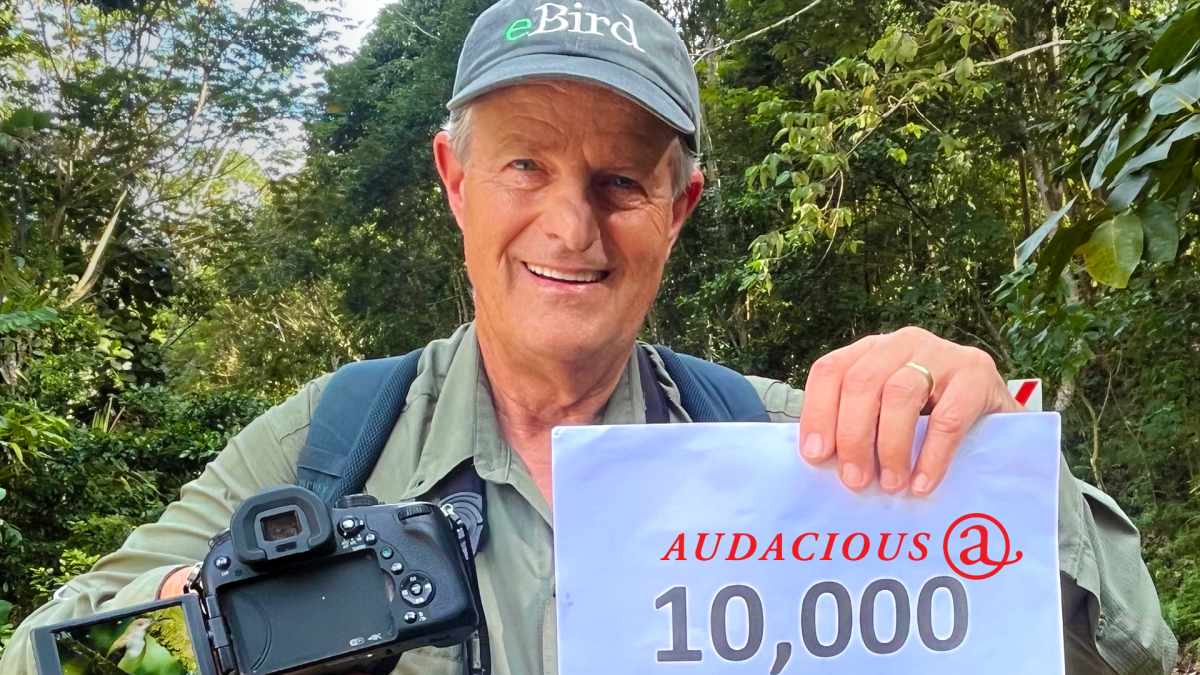
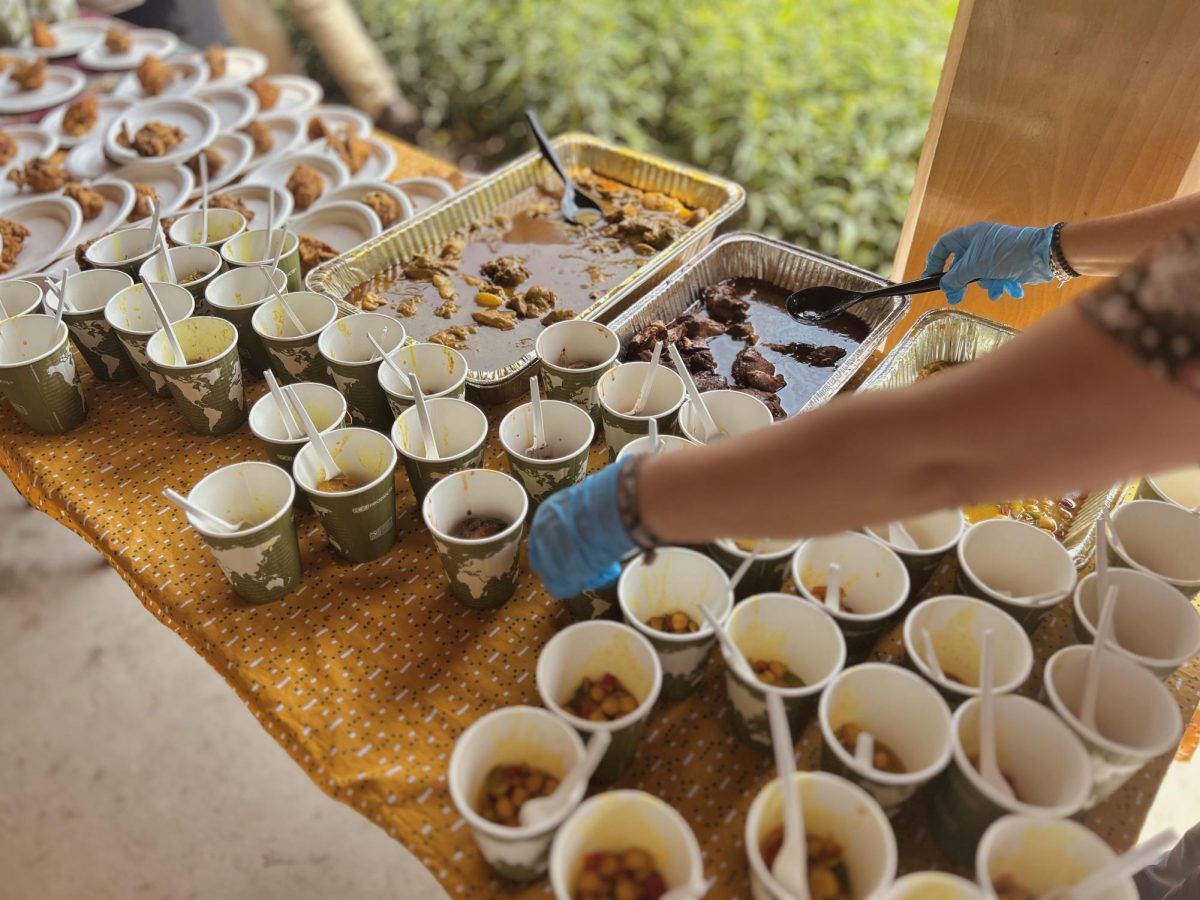
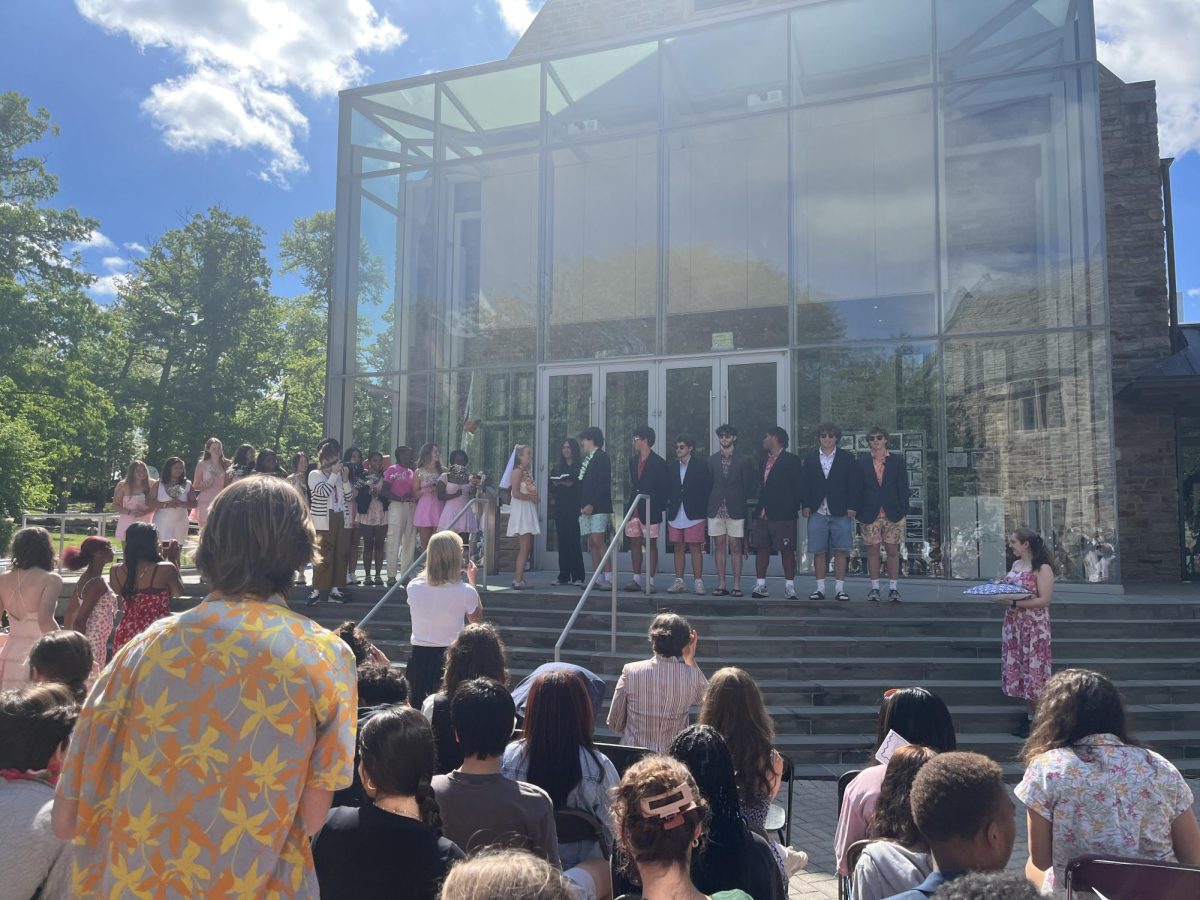
![A Phone Ban at Friends? [Podcast]](https://thequakerquill.org/wp-content/uploads/2025/05/magenta-VrRT19_ZjUY-unsplash-1200x900.jpg)
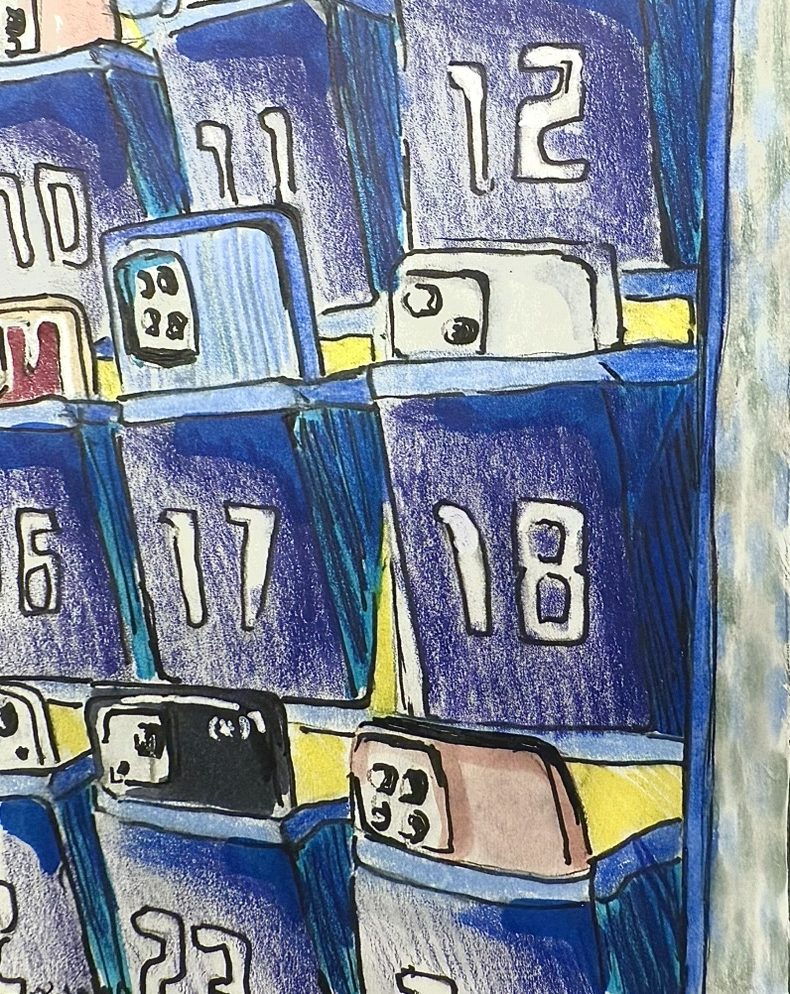
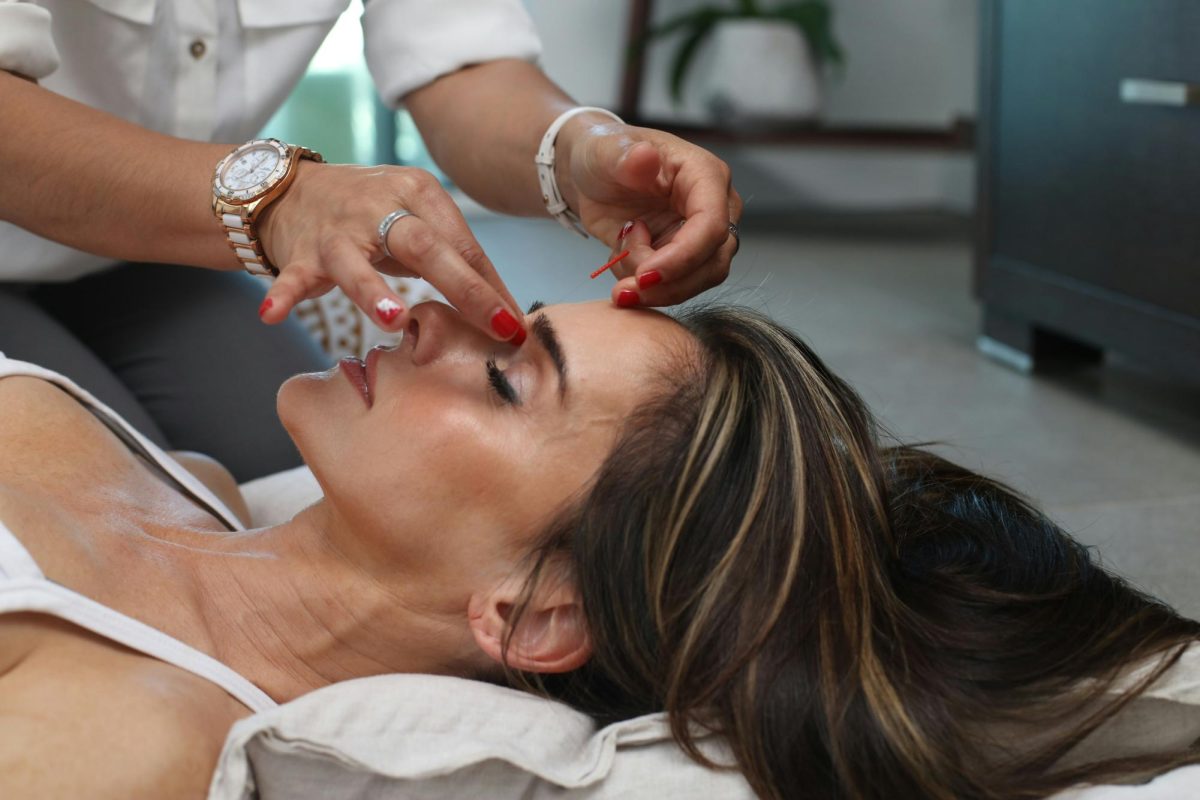
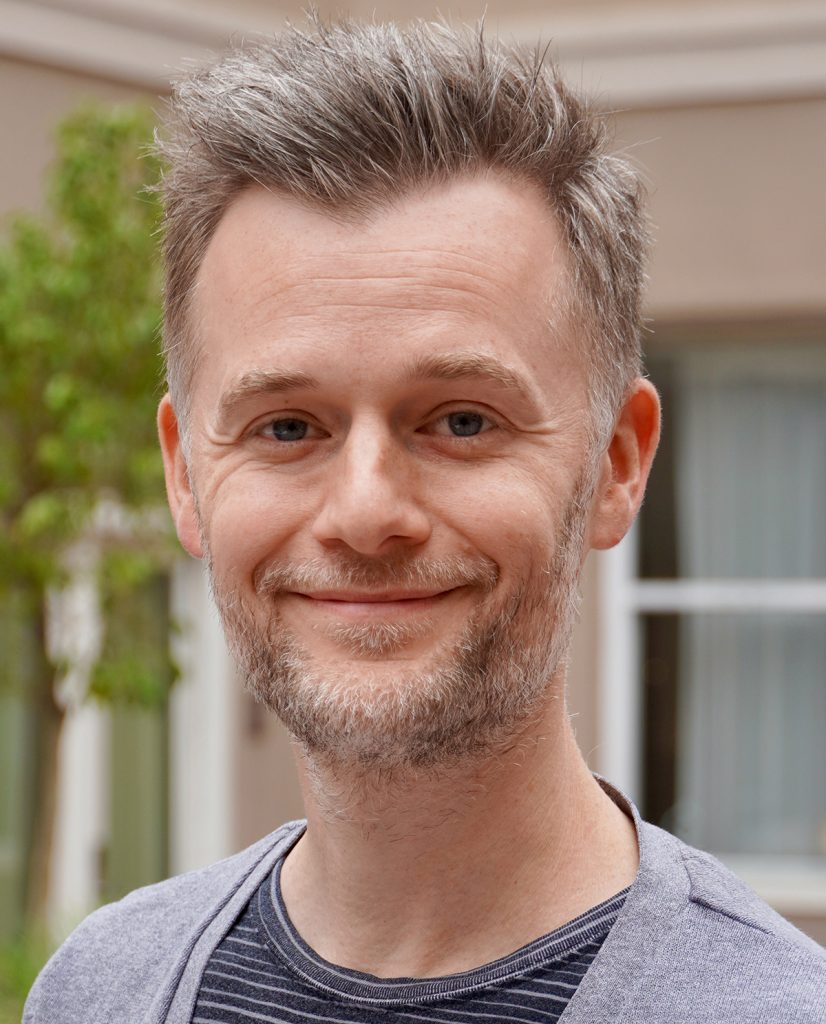

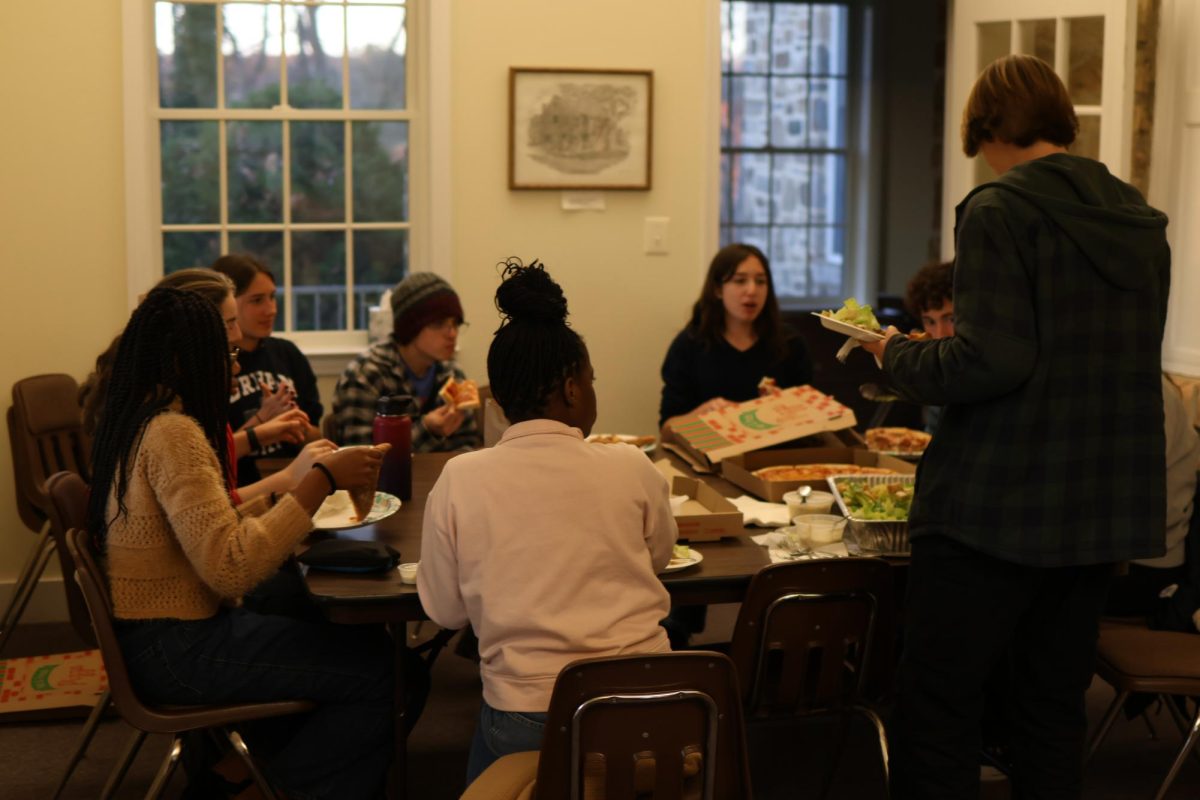

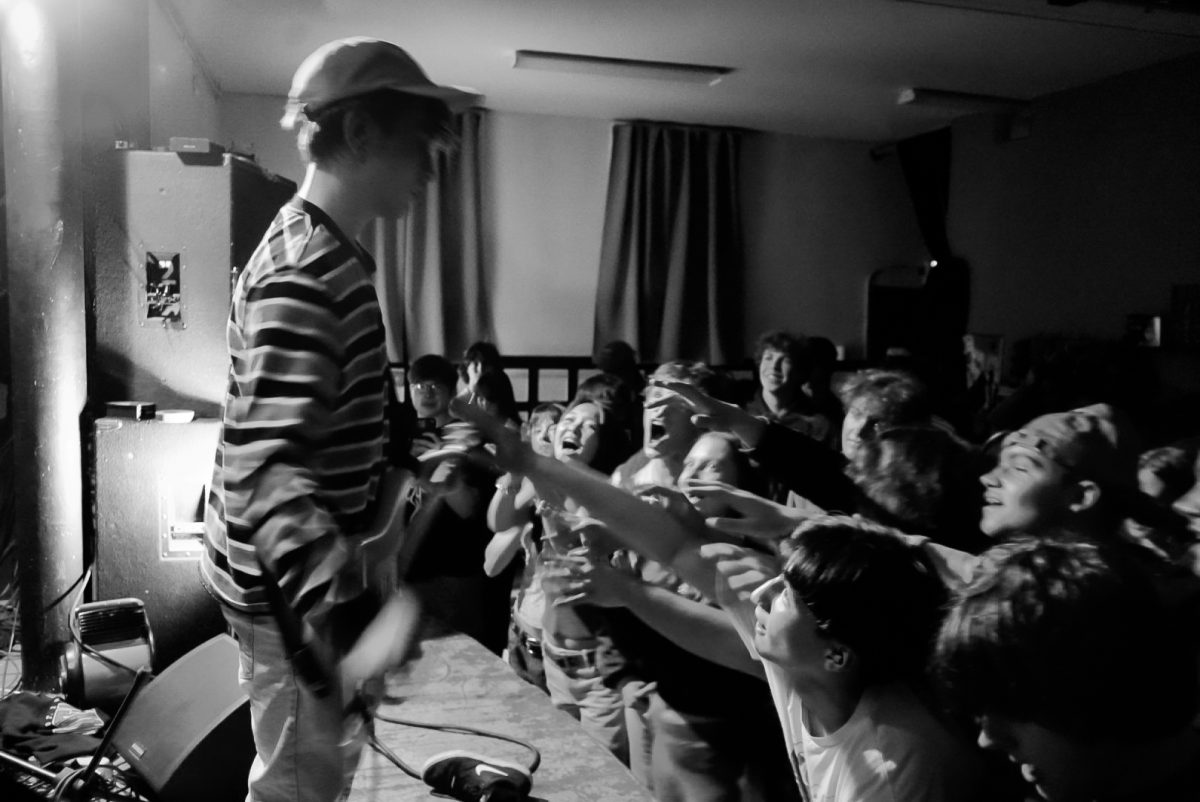

![How Freestyle Club Began [Podcast]](https://thequakerquill.org/wp-content/uploads/2025/05/charly-alvarez-Jv9untmB7G4-unsplash-1200x800.jpg)
